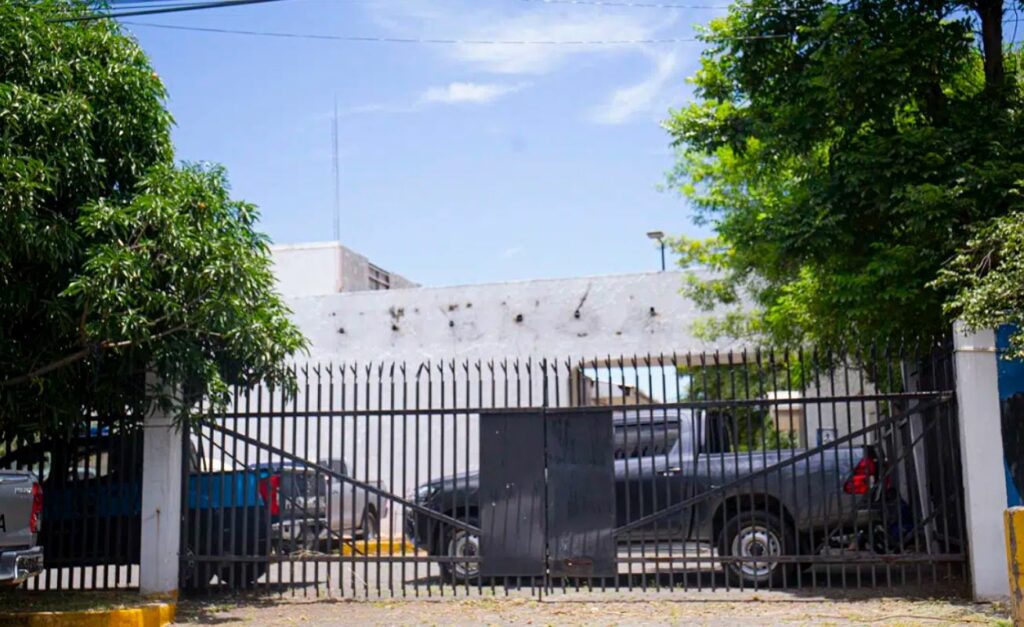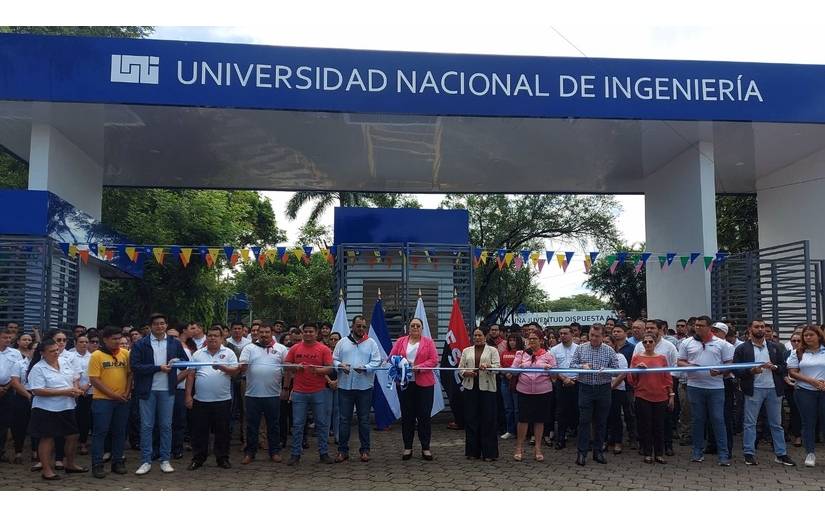The Sandinista dictatorship’s targeted act of repression, blocking access to the .com.ni top-level domain for independent media outlets such as 100% Noticias, Confidencial, Onda Local, and La Prensa, is a blatant act of censorship carried out with the complicity of the National University of Engineering (UNI). However, the Internet Corporation for Assigned Names and Numbers (ICANN), the global entity responsible for assigning IP addresses, managing the domain name system, and administering server systems, cannot reverse this decision.
ICANN’s policies promote the free use of the internet by governments worldwide, respecting fundamental rights like freedom of thought and expression. However, its decision-making is based on consensus rather than the imposition of operational policies.
A specialist in top-level internet domains explained that ICANN operates as a completely apolitical entity, meaning that any protest against the Sandinista dictatorship’s repressive actions cannot be framed in political terms, no matter how evident they are.
“A Clear Act of Digital Censorship and Repression”

“This is a clear act of censorship and digital repression by the Nicaraguan government. However, if a protest or complaint to ICANN argues political motives behind this act, it will simply be ignored. The most viable argument is non-compliance with payment agreements, as the media outlets had paid for their domain licenses, yet UNI blocked them,” the specialist explained.
The affected media outlets have already endured direct attacks by the Sandinista dictatorship, including physical assaults, the imprisonment of journalists and executives, confiscation of facilities, equipment theft, and financial suffocation due to threats against businesses or entities that might advertise with them.
Media Outlets Anticipated the Regime’s Attack
The blocking of their top-level domains is yet another repressive measure they must face. However, in anticipation of censorship and potential blockades by the regime, these media outlets had already migrated their websites, preventing significant disruption.
“My recommendation is for media outlets to file a joint protest with ICANN to document this clear act of repression and digital censorship, focusing on the UNI and government’s failure to honor payments for domain usage. It is important to keep these records,” the specialist added.
100% Noticias, through its director, journalist, and former political prisoner Lucía Pineda Ubau, confirmed that they are preparing a complaint to ICANN regarding UNI’s actions.
“We expected this. We have been prepared for this situation since 2018. At 100% Noticias, we knew that blocking our .ni domain was a latent threat—an entirely predictable measure within the regime’s censorship strategy. However, we chose to wait in order to generate greater impact and expose the responsibility of those involved in this new attack on freedom of press,” Ubau stated in a publication on the 100% Noticias website.
“Now, with evidence in hand, we denounce that the dictatorship has carried out this information blackout through UNI, the institution that manages the .ni domains. We warn that this action not only violates international digital rights agreements but could also have repercussions for the country’s domain management. Despite this attempt to silence us, we continue reporting without censorship at 100noticias.tv,” Pineda Ubau declared.
The Limitations of ICANN
If ICANN accepts the protest, it can inquire with UNI about the reasons for the blockade, even if domain payments were up to date. However, ICANN cannot force UNI to reverse the decision or mandate that another entity in Nicaragua manage the domains.
“ICANN cannot force Nicaragua to remove UNI’s authority over the domains or assign them to another entity. Even if that were possible, ICANN regulations state that a country’s domain management must be handled by a Nicaraguan entity with a physical presence in Nicaragua. So, if UNI were stripped of this role, it would simply be transferred to another entity still controlled by the government,” the specialist clarified.
In other Central American countries like El Salvador and Honduras, domain management is handled by private companies or civil society organizations to prevent government control over national websites.
The specialist also revealed that the Sandinista regime has extended its international isolation policy to ICANN affairs. “Nicaragua has not attended ICANN meetings for years. I’m deeply involved in domain issues in Central America, and I don’t even know who represents Nicaragua in these matters,” he admitted.
A Precedent in Nicaragua

The only similar case in Nicaragua occurred when Claro, the country’s dominant telecommunications operator—perceived as close to the Sandinista regime—blocked a website hosting a blog called ‘Claro que NO!’ which gathered complaints about poor service and mistreatment of customers. Within three days, the company had blocked the website, attempting to prevent dissatisfied customers from expressing themselves freely online.
The recent domain blocking was a targeted move against independent media outlets that report on Nicaragua and resist the Sandinista dictatorship’s censorship. Meanwhile, pro-Ortega propaganda media and those under regime control continue operating on .com.ni domains without issue.
Although independent media outlets had alternative domains to continue their reporting, the blockade still affects website traffic, as a significant portion of their audiences accessed them via .com.ni. In the case of DIVERGENTES, our website was not affected and continues to operate normally at www.divergentes.com.
This situation presents a new challenge for media outlets and any entity that could face a similar blockade: educating audiences to access content without relying on .com.ni and countering the regime’s harmful use of these domains. There is also the looming threat that Ortega and Murillo might fully control or restrict internet access in Nicaragua, following the models of North Korea or China—an authoritarian dream of the Sandinista dictators.





